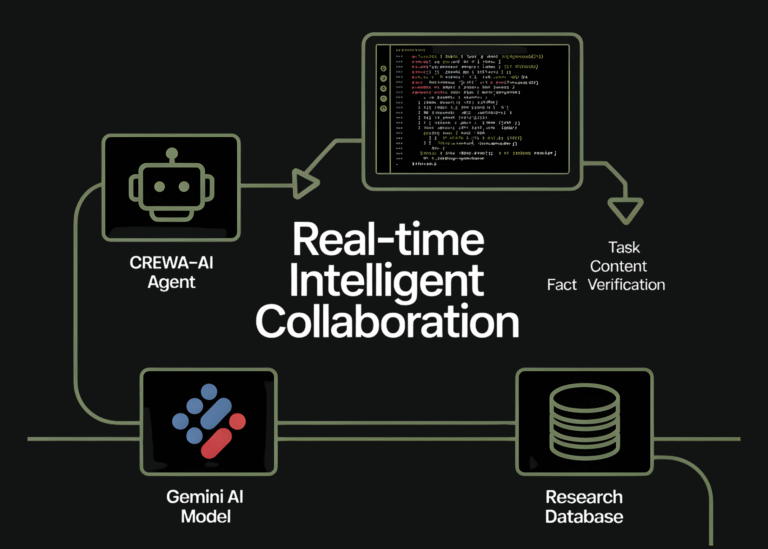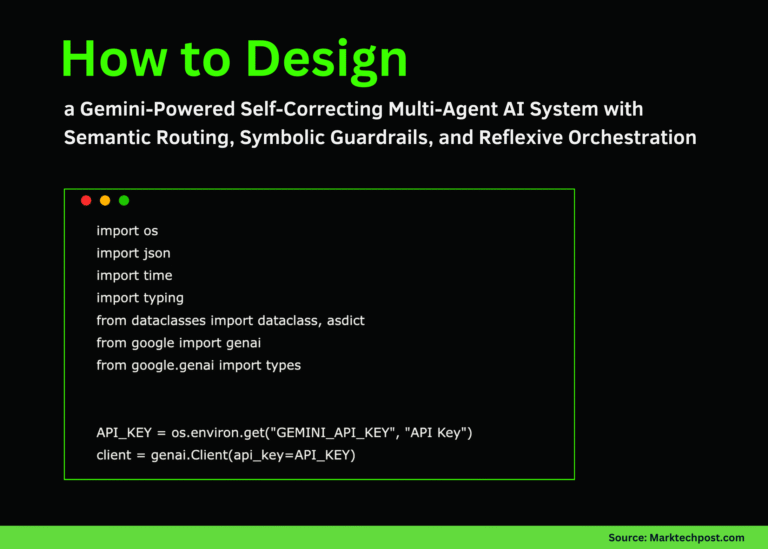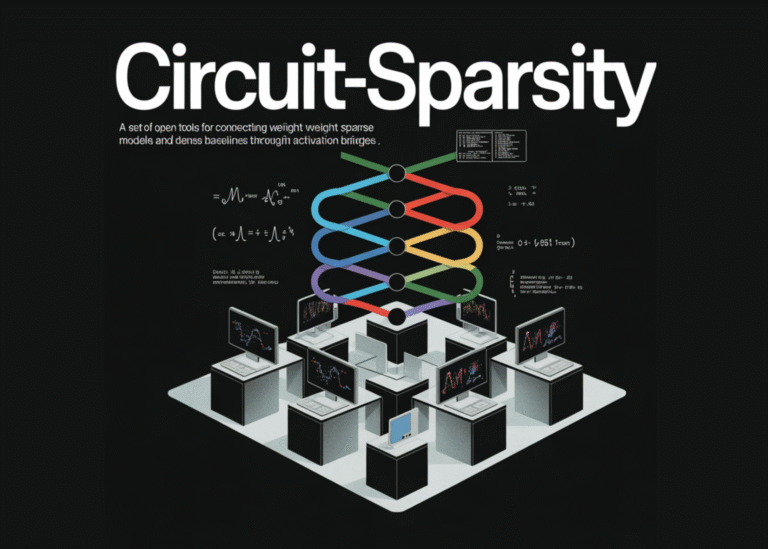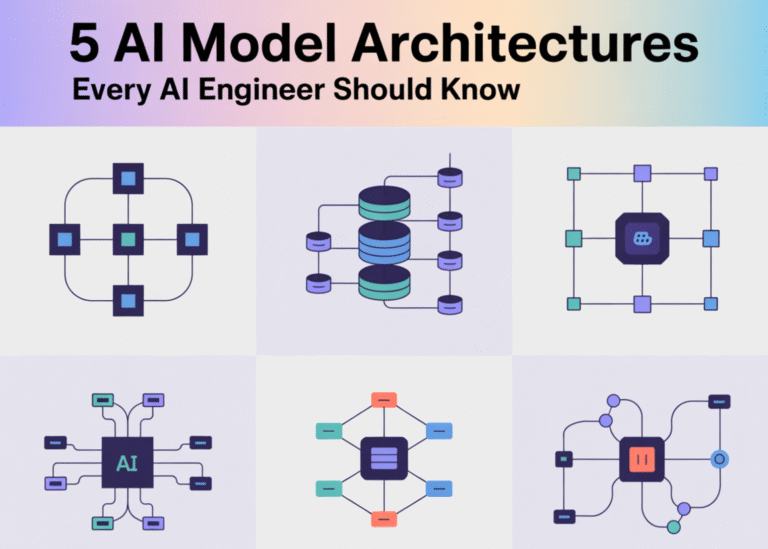A new way to increase the capabilities of large language models | MIT News

Most languages use word position and sentence structure to extract meaning. For example, “The cat sat on the box,” is not the same as “The box was on the cat.” Over a long text, like a financial document or a…









